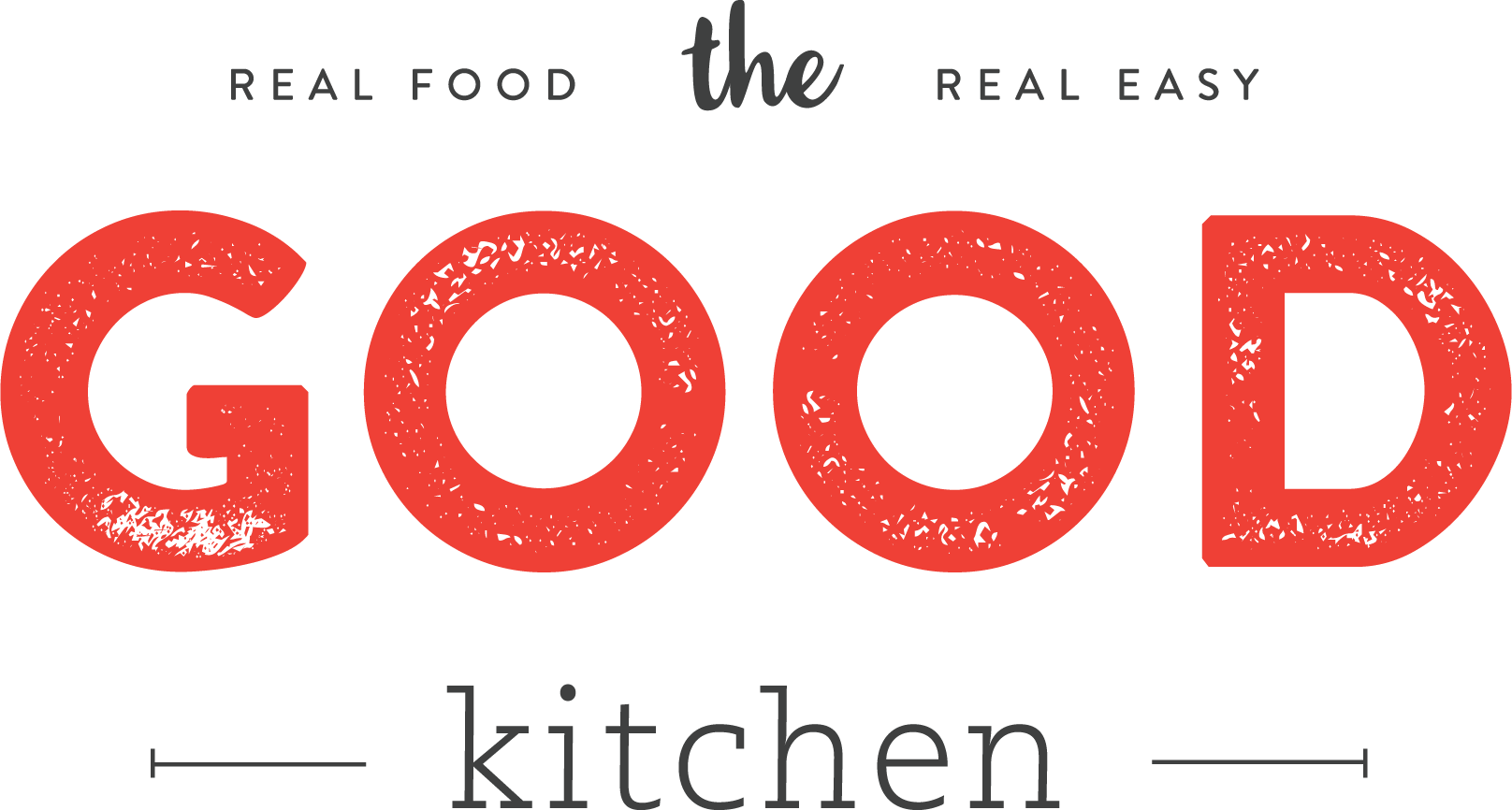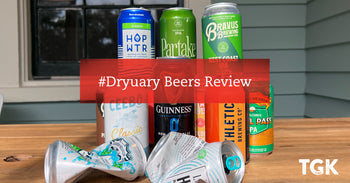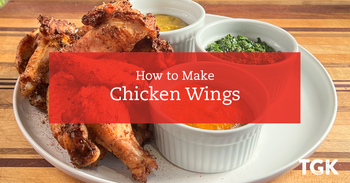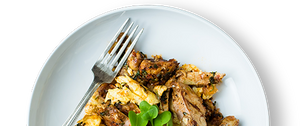The Antidepressant Diet

Covid-19 is a health crisis, and not just for those who have it. Widespread unemployment, isolation and loneliness, and fear of an uncertain future are constant features of our new reality. It’s becoming hard to remember a time when tears weren’t part of the recipe for baking sourdough and depression-chic sweats didn’t pass for business casual. While much can and has been written on the mental health effects of this pandemic, we’ll save you from reading another “in these trying times…” monologue. After all, our goal isn’t to make you feel any more glum. Instead, let us present you with these three options:
One: stay stuck in this mental hellscape of anxiety and depression.
Two: escape reality by binging Tiger King for the fourth time.
Three: do everything we can to take care of our mental health while we weather this seemingly endless storm.
We’ve test-run options one and two and can tell you that eventually, you’re going to want to face up to option three. While others have written eloquently on ways to increase feelings of connection and cultivate positive mental health practices, we’re going to stay in our lane* and focus on what diet can do to promote peace in an age of anxiety.
*Remember, we’re cooks, not doctors!
Add: Vitamin C

Vitamin C has been shown to have surprising impacts on mental health in both animal and human studies. In one rodent study, a group of unlucky mice were subjected to “chronic unpredictable stress” over a two week period, which induced depressive behavior. Given that “chronic unpredictable stress” could be the tagline for all of 2020, this study caught our eye. Toward the end of the two weeks, one group of mice was given Prozac, while another given vitamin C supplementation. Shockingly, the vitamin C worked as well as the Prozac at reversing the effects of the double hell-week, and in short order.
- 1 cup kale: 59% Daily Value (DV) of vitamin C
- ½ cup broccoli: 57% DV of vitamin C
- 1 lemon: 92% DV of vitamin C
Add: B Vitamins
Research has shown an association between B12 and folate deficiencies and anxiety and depression. Though the connection is complex and scientists are still working to determine exactly how they are linked and why, bulking up on foods high in B vitamins is a good bet for beating back poor mental health.
- 100g salmon: 51% Recommended Daily Allowance (RDA) of B12
- 3 cups spinach: 41% RDA of folate
- 100g oysters: 480% RDA of B12
Add: Zinc

While you may already associate zinc with immunity, scientists have also found a causal link between low zinc levels and depressive symptoms. Zinc plays a critical role in modulating our body’s response to stress. Unfortunately, during times of extreme stress, humans tend to get rid of zinc at higher rates, leaving us depleted and more vulnerable to illness, poor cognition, and poor mental health. Why not protect your mental health and your immune system at the same time by upping your zinc intake?
- 100g ground beef: 44% DV of zinc
- 3tbsp hemp seeds: 41% DV of zinc
- 100g dark chocolate: 30% DV of zinc
Add: Omega 3s

Omega 3s are potent anti-inflammatory agents, and they may also interact directly with mood-related molecules in the brain. Two specific omega-3 fatty acids – EPA and DHA – have shown the most promise in combating depressive symptoms, with EPA at the top of the pack. While omega-3 fatty acids are found in abundance in both plant and marine sources, plants provide ALA that must be converted into EPA and DHA, while fish provide EPA and DHA directly.
- 100g sardines: 1.5g of omega-3 fatty acids
- 100g chia seeds: 18g of omega-3 fatty acids
- 100g walnuts: 9g of omega-3 fatty acids
Subtract: Alcohol and Sugar
Remember how folate and other B vitamins are important for your mental health? Well, alcohol causes your folic acid levels to dip, which may contribute to the “hangover anxiety” (hangxiety?) many people report. With everything else going on, why add in something that can suppress your mood and increase harmful inflammation? Speaking of which, if you haven’t read up on the link between high sugar intake and its long-term mental health effects, peruse this blog for details and put down the pint of ice cream.
If you’re looking to up your intake of mood-enhancing vitamins and amino acids but aren’t looking for another thing to worry about, we’re here for you. Check out this week’s menu to see what meals you could add into your rotation to keep your head on straight.
Cheers to your health,
Team TGK







